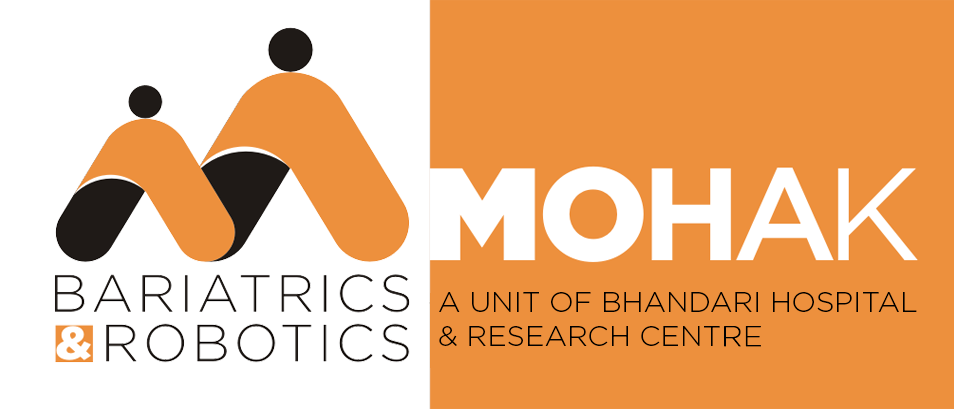The International Diabetes Federation has issued what it calls a radical statement at an international conference today.
The Federation says that gastric banding and similar surgeries should no longer be a last resort for severely obese people with type 2 diabetes.
It is recommending that surgery be considered at a much earlier stage.
Diabesity is the term used to describe the combination of the diabetes and obesity epidemics taking hold across the world, and those whose goal it is to prevent even more people developing these conditions state the scale of the problem in no uncertain terms.
Director emeritus for the Baker Heart and Diabetes Institute in Melbourne, Professor Paul Zimmet, says diabetes is the biggest epidemic in human history.
He and his colleagues at the International Diabetes Federation (IDF) say gastric banding and other surgeries to alter stomach anatomy should now be considered much earlier in the treatment of type 2 diabetes.
“A lot of people have always regarded it as a last resort and we’re saying no it shouldn’t be a last resort, it should be considered much earlier because the earlier it’s done, the more chance there is of success of the procedure,” he said.
The IDF is currently meeting in New York.
“There was a paper presented here today from a major study in Sweden which showed that you could almost get 70 to 80 per cent remission of diabetes, providing the duration of the diabetes was less than 10 years,” Professor Zimmet said.
“But if the duration of diabetes was much longer, those people would probably only see a 30 to 40 per cent remission.”
The IDF has just released a statement outlining its new position on bariatric surgery.
Professor Zimmet says this position a radical departure from previous policy statements.
“Because for most people looking after patients with type 2 diabetes who are obese, [bariatric surgery] is not a procedure that is offered to the patient at the time of consultations,” he said.
“So the IDF are really saying well look, this has been out there on the radar but it hasn’t been part of the traditional management of type 2 diabetes and it should now be included as an option for treating the obese type 2 diabetes, particularly when the drugs have failed.”
Professor Zimmet says the IDF did not make any recommendations on adolescents.
“But there is a statement from the Royal Australasian College of Physicians, which says that if you have a young person, they have to be at least 15 years old, who are severely obese and understand in terms of informed consent the procedure, that it may be considered,” he said.
The IDF is urging governments to make funds available for this type of surgery to help treat type 2 diabetes.
But the experts concede that in developing countries, funding surgery may simply not be an option.
